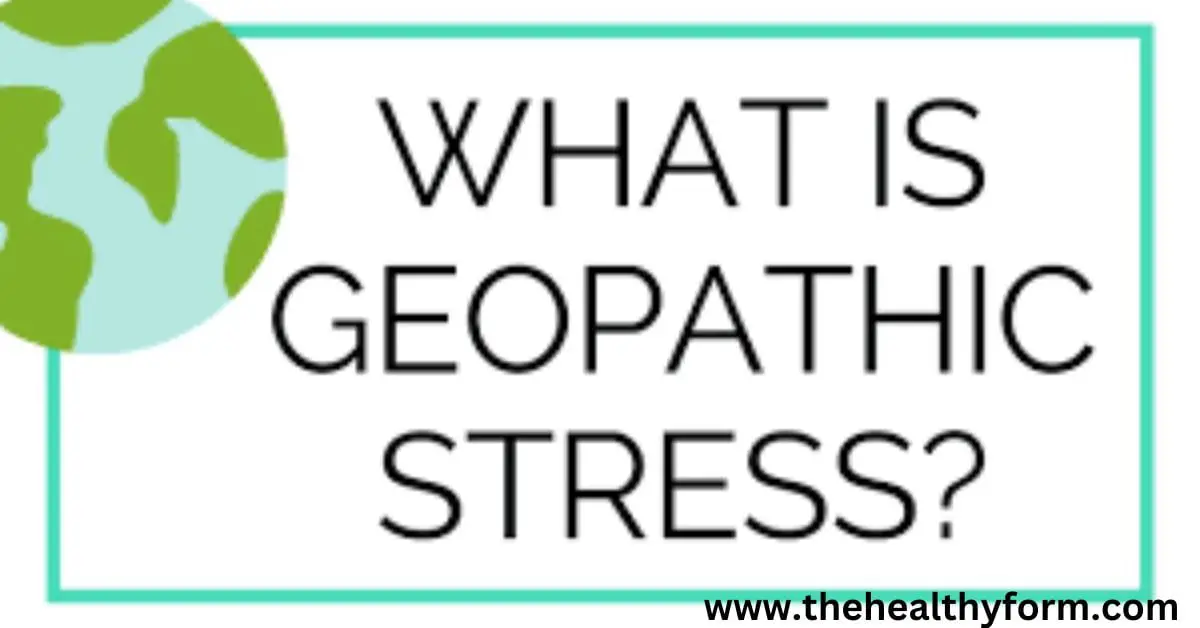Unlock The Power of Speech Therapy For Health
Speech therapy can be a powerful tool to help people with various communication difficulties. This is often the case for people with language impairments or speech impediments and those with developmental delays or conditions like autism or cerebral palsy. Speech-language pathology can help improve the individual’s verbal communication skills and ability to understand and use language in everyday life.
With the right guidance and support, speech therapy can help individuals of all ages overcome their communication difficulties and unlock their full potential. In this article, you’ll discover how speech therapy works and how it can be used to make a real difference in someone’s life.

Overview of Speech Therapy
Speech therapy is a treatment used to help people improve their communication skills. It’s designed to optimize an individual’s ability to understand and use language and increase vocal clarity and fluency. Speech-language pathology can also help those with swallowing difficulties and other speech-related ailments.
Speech or language therapy is based on the individual’s specific needs, so the type of treatment depends on the disorder being treated, the patient’s age and capability, any medical conditions that may be a factor, and even the patient’s overall lifestyle. The ultimate goal is for the person receiving Speech-language pathology to reach the highest possible level of functioning. Here are some of the benefits:
- Improved speech: Speech therapy helps people articulate words more effectively and pronounce words more clearly by working on pronunciation, articulation, fluency, voicing, and even accent reduction.
- Enhanced understanding: It helps people make their words easier for others to understand by providing them with language-enrichment activities that improve their vocabulary.
- Improved voice quality: Speech therapists work with patients on techniques such as breath control that can improve voice quality while also helping them conserve energy while they speak.
- Improved social communication skills: Language therapy helps individuals develop social skills such as making eye contact with others, starting conversations, staying on topic during conversations, using nonverbal cues correctly, and using more appropriate language in social settings.
Speech Therapy for Adults
Speech therapy helps adults address physical, neurologic, and psychosocial speaking, listening, and communication challenges. It also helps with fine motor skills development for those who want to improve their writing and typing skills.
Some of the common speech issues that adults may face include phonological disorders (pronouncing sounds inaccurately or omitting syllables in words), voice disorders (hoarseness or breathiness in the voice), stuttering, using the wrong word choice or grammar structures when speaking, and difficulties with understanding what has been heard.
But what can you expect from speech therapy? Depending on your individual needs, we can help you achieve:
- Improved pronunciation
- Better communication and social interaction skills
- Improved management of stuttering
- Enhanced clarity when speaking
- Improved sound production for a more natural-sounding voice
- Increased confidence when speaking in public settings
Regardless of your age or particular challenge, speech therapy can help you understand how to use spoken language to express yourself in social contexts. You’ll be able to communicate effectively and confidently through practice and guidance from a professional speech therapist!
Speech Therapy for Toddlers
Speech therapy for toddlers focuses on developing and strengthening their communication skills. It engages the whole body, helping children develop cognitive, language, social-emotional, and physical skills.
Toddlers can benefit from Speech-language pathology in various ways, from improving their speech clarity to gaining better eye contact. With the right treatment plan, they can learn to communicate verbally and nonverbally more effectively.
Games, stories, and singing can make Speech-language pathology fun for toddlers. Here are some key activities that can be used in this age group:
- Articulation practice: This activity focuses on how a person produces sounds and helps with pronunciation by repeating words correctly.
- Receptive language instruction: Here, the therapist will introduce different concepts like identifying objects or emotions encouraging toddlers to point at the correct items or express their feelings correctly.
- Language development: This activity involves a conversation between the toddler and therapist, encouraging them to increase their vocabulary bank with more words and phrases.
- Motor planning techniques: Activities such as playing with blocks or other toys help improve a toddler’s ability to plan movements to accomplish a task.
- Storytelling exercises: Incorporating books into speech therapy sessions helps expand toddlers’ language comprehension.
These activities put into practice the skills they are learning to foster healthy development in communication, social-emotional abilities, and overall behavior while providing them with an enjoyable experience at every stage of the process.
Benefits of Mommy Speech Therapy
Speech therapy is a powerful tool that can help children with language development delays and those with trouble communicating. Mommy Speech Therapy combines traditional therapy’s research-based, evidence-based foundations with the convenience and accessibility of virtual therapy.
Mommy Speech Therapy makes it easy for parents to access quality therapy without leaving the comfort of their homes. Here are some of the benefits that you can expect from Mommy Speech Therapy:
- Accessibility: Mommy Speech Therapy makes it easy for parents to access quality speech therapy anywhere in the world. You don’t have to worry about complicated scheduling or transportation issues.
- Personalized Sessions: Each session is tailored to meet your child’s needs and goals. The therapist will work with you and your child one-on-one, assessing the progress and adjusting session plans accordingly to maximize success.
- Convenience: Mommy Speech Therapy sessions are held in the comfort of your own home, so you don’t have to worry about packing up your child and taking them out of their routine environment every week.
- Consistent Quality: All therapists are certified, licensed speech therapists who expertly care for each patient’s individual needs through personalized sessions and continuing education courses. Hence, they are up-to-date on best practices for speech-language pathology treatment and care plans for optimal results at every stage in your child’s development journey.
Advantages of Online Speech Therapy
Online speech therapy confers several advantages, allowing for greater flexibility and convenience for providers and clients.
Flexibility
Conducting therapy sessions from the comfort of one’s home allows for improved access to services, especially for those with language barriers or limited financial means. Additionally, online speech therapy provides more support and guidance than in-person sessions, including physical therapists, speech pathologists, audiologists, and other professionals working together to tailor a care plan to each individual.
Convenience
Clients can take advantage of online Speech-language pathology resources on their own time. Many providers offer text messaging, emails, and phone talk therapies to accommodate busy schedules and provide quick answers to inquiries. In addition, they allow clients the freedom to pause or skip parts of their session plans if needed.
Cost Effective
Online language therapy can also be more cost-effective than in-person sessions. With pay-as-you-go service packages, clients can more easily budget their spending on speech therapy services and resources tailored specifically to their needs.
Where to Find the Best Speech Therapists
Finding the right speech therapist can be a daunting task. Fortunately, several resources are available to help you locate the best professionals in your area. Here are some of the resources you can access:
Professional Organizations
Researching professional organizations such as the American Speech-Language-Hearing Association (ASHA) or state-level affiliates can help you find qualified speech therapists in your area. You can also join support groups and forums to get advice from those who have already gone through the process of finding a therapist.
Online Services
Several online services offer a comprehensive database of speech therapists across different specialities and geographic areas. This ensures that you can choose a therapist who is experienced in treating your condition and is conveniently located close to you.
Referrals
Your primary care physician or other medical professionals can provide referrals to qualified speech therapists. You can also ask family and friends for suggestions and consult with schools and rehabilitation centers near you for referrals.
By doing your homework and looking around, you’re setting yourself up for success by finding the best (and most qualified) speech therapist for you or your child’s needs!
FAQs
You may have several questions when it comes to speech therapy. Here, we answer some of the most frequently asked questions (FAQs) to help you better understand how this treatment works.
What is Speech Therapy?
Speech therapy is designed to enable individuals with communication difficulties or language delays due to neurological, physical, or psychological causes. It can help individuals improve their ability to speak, understand language, and use communication effectively.
Who Can Benefit from Speech Therapy?
Speech therapists are qualified professionals who provide therapy for children and adults with many types of disabilities, including autism spectrum disorder, hearing loss, stroke or traumatic brain injury (TBI), vocal cord damage, and cerebral palsy. They also help people who have difficulty swallowing and other speech-related issues.
What Types of Treatment Techniques Are Involved?
The methods used in speech therapy can vary depending on the individual’s needs and goals. Some common techniques include using pictures or objects to communicate, verbalizing and writing words aloud during problem-solving tasks, and practicing articulation exercises like repeating syllables or sentences. Additionally, digital technology, such as apps, can be combined with traditional techniques to facilitate learning in a virtual environment.
How Long Does Speech Therapy Last?
The duration of each person’s speech therapy program will depend on their needs and goals; however, most programs range from 6 to 12 weeks, depending on the severity of the condition. It is important to note that while there are no set rules for how long one should be in speech therapy, it is recommended that a person remain in treatment until they have
Conclusion
Speech therapy can be an incredibly powerful tool that can help to unlock communication in children and adults alike. By understanding the different types of speech therapies available and how they can address specific speech-related issues, parents and caregivers can make informed decisions regarding treatment plans and tailor them to individual needs.
Speech therapy can be used to assist in and resolve language difficulties, as well as to address more complex speech and communication issues stemming from neurological and genetic causes. With the right professional support and guidance, speech therapy can make a tremendous impact in giving your loved ones the tools they need to express themselves.





